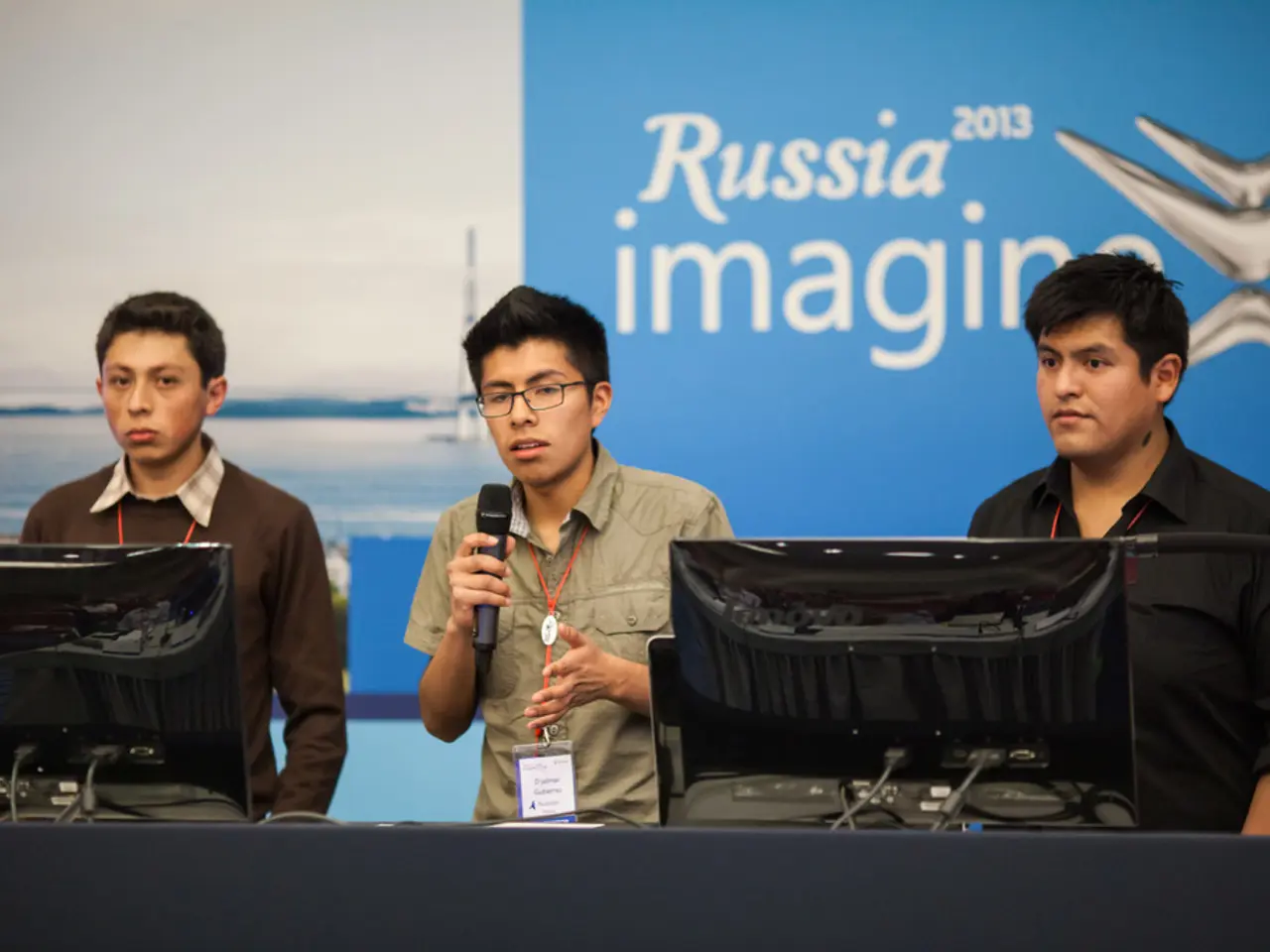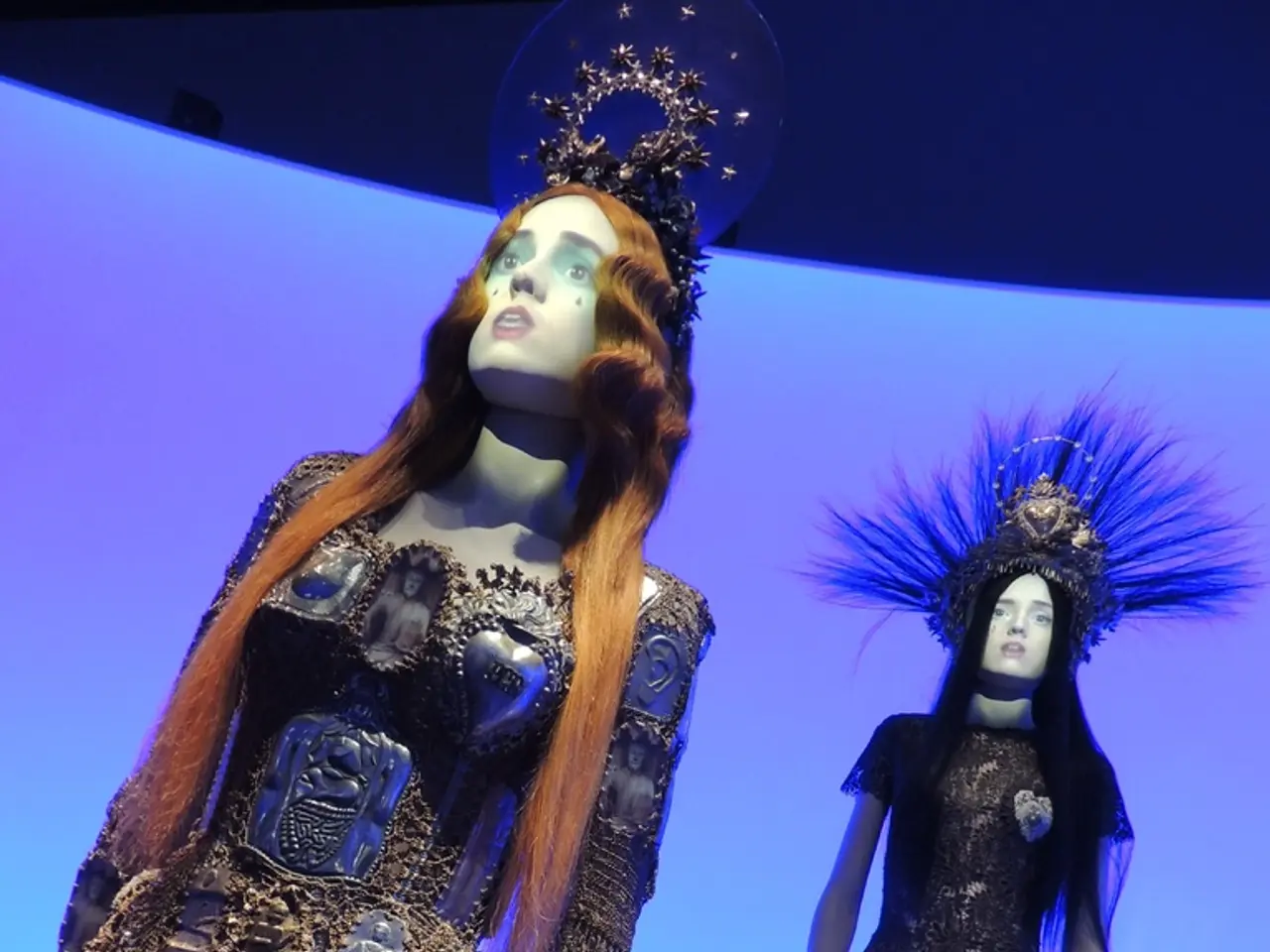Trump children's citizenship status proposed for examination by CNN commentator
In a recent discussion on CNN NewsNight with Abby Phillip, political commentator Bakari Sellers raised questions about the citizenship status of some members of the Trump family, particularly those with foreign-born mothers.
The core legal argument against investigations into the citizenship of Trump's children is that the focus of the debate has primarily been on children of unauthorized immigrants, not U.S.-born children of citizen parents like Trump's. The Supreme Court's partial 2025 ruling upheld limits on judicial intervention but did not overturn the constitutional guarantee of birthright citizenship broadly.
President Trump's executive order sought to deny birthright citizenship to any child born in the U.S. if their mother was unlawfully present at the time of birth and the father was not a U.S. citizen or lawful permanent resident, or if the mother's presence was lawful but temporary under similar paternal conditions. However, Trump's children, born before the order, are widely recognized as U.S. citizens, either by birthright or naturalization.
Meanwhile, the Trump administration has been focusing on denaturalization efforts. A recent memo from the Justice Department, dated June 11, directed U.S. attorneys to "prioritize and maximally pursue denaturalization proceedings." The memo prioritizes cases against individuals who pose a potential danger to national security, including those with a nexus to terrorism, espionage, or the unlawful export from the U.S. of sensitive goods, technology, or information raising national security concerns.
Denaturalization can prevent convicted terrorists from returning to U.S. soil or traveling internationally on a U.S. passport. It can also be used to remove naturalized criminals, gang members, or individuals convicted of crimes who pose an ongoing threat to the U.S.
Melania Trump, Barron's mother, was born in Slovenia and became a U.S. citizen in 2006. Ivana Trump, Trump's first wife and Eric, Ivanka, and Donald Jr.'s mother, was born in the Czech Republic and became a U.S. citizen in 1988. Marla Maples, Trump's second wife and Tiffany's mother, was born in the U.S.
Sellers' suggestions to investigate the citizenship status of Ivana's children and Donald Trump Jr. and Melania's children have sparked controversy, with many arguing that such investigations lack grounding since they do not fall under the order's disqualifying criteria. Any attempt to question their citizenship would face strong constitutional protections based on the 14th Amendment and prior court rulings rejecting similar challenges.
Lindsay Kornick, an associate editor for our website Digital, and Greg Norman contributed to this report. Story tips can be sent to [email protected] and on Twitter: @lmkornick.
Sellers' comments have also raised questions about the Trump administration's treatment of immigrants, with Sellers accusing President Trump of refusing to give immigrants "the benefit of their humanity." Sellers stated that Tiffany Trump is the only Trump child who should not be part of this discussion regarding citizenship status, given that she was born to a U.S. citizen mother.
The debate surrounding the Trump family's citizenship and the administration's denaturalization efforts continues to evolve, shedding light on complex legal issues and immigration policies in the United States.
- The debate surrounding the Trump family's citizenship, initiated by political commentator Bakari Sellers, has led to discussions about the constitutional guarantees of birthright citizenship, particularly in relation to the Trump administration's focus on policy-and-legislation and denaturalization efforts.
- As technology advances, general-news outlets like CNN NewsNight and Digital are using social media platforms to facilitate debates on complex issues such as the citizenship status of the Trump family, integrating politics, policy-and-legislation, and legal arguments into the national conversation.








